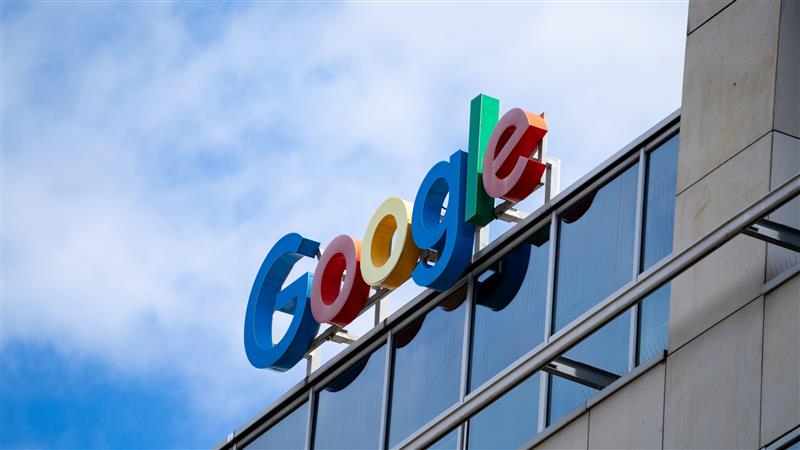
In the beginning of July, Google told European regulators that the EU’s new technology rules are inhibiting tech innovation and creating issues for users and small businesses in Europe. The European Union says that the Digital Markets Act (DMA) works to keep the big tech firms in check and reach a level playing field.
Google, however, does not see it that way. The company argues that the rules are not only harming its services but also making life more difficult for regular users of its platforms for traveling and shopping. This growing controversy is part of a broader manipulation of technological regulation, with concerns about how to regulate powerful platforms best.
Google Says Rules Are Making Things Worse
The EU claims that Google favors its own products like Google Flights, Hotels, and Shopping, putting it in the way of others competing. If regulators find that Google broke the rules, the company might be charged as much as 10% of its total annual global revenue.
It is one of several steps in the march across Europe and big tech rules as the EU tries to limit how powerful companies control online markets. But Google maintains the reforms are having a boomerang effect.
It says customers pay more for flights because they can no longer make direct bookings from airlines as easily. It also says European airlines, hotels, and restaurants have received up to 30% fewer direct bookings. Google believes the new system isn’t running smoothly.
“Users find the new system less convenient and harder to use,” Google maintains.
This conflict is another reminder of the rising tension between technology and regulation, especially in how millions of people engage with services online.
Google is calling for more clarity from the EU so that it knows what to do to comply with the law. It also wants its critics to furnish real data to support claims about the benefits of these changes.
The case is being watched closely because Europe tech regulation is an issue that matters very much in policy circles as well as for companies. A workshop lasting one day is currently in session in Brussels, with EU officials, Google officials, and industry participants. Google insists that it is in favor of the idea of fair rules but needs better clarity so that the system works for everyone.
“Everyone wants to play by the rules but it needs help figuring out what it’s supposed to do,” a Google spokesperson said.
This comes after European regulators crack down on big tech, and everyone’s waiting to see how far exactly these reins need to go and if they’re even working.
The give-and-take discussion highlights the paradox between technology and law in Europe, specifically under the EU’s law of technology growth, which aims to defend justice without hindering progress.
As the two sides trade advice, one thing is sure: the fate of the technology rules in Europe is still pending, and the outcome could have significant implications for the users and companies beyond the continent.
Inside Telecom provides you with an extensive list of content covering all aspects of the tech industry. Keep an eye on our Telecom sections to stay informed and up-to-date with our daily articles.